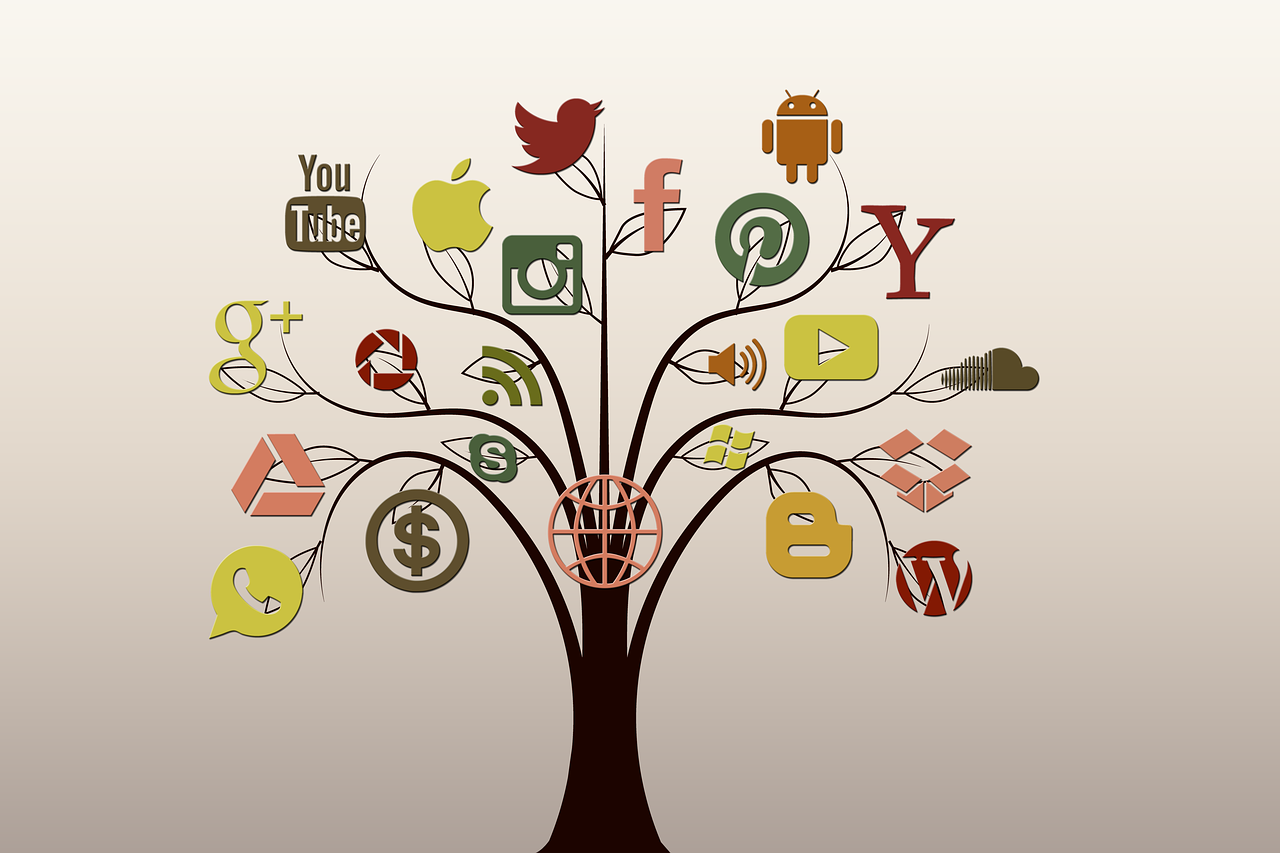Hello, dear readers! As we embark on a new day, it's important to greet it with a smile and a warm salutation. Today, we're going to delve into the nuances of saying "good morning" in English and explore various ways to express this pleasant greeting. So, let's start our day on the right foot with a hearty "Good morning!"
The English language is rich with expressions, and the phrase "good morning" is one of the most common and universally recognized greetings. It's a simple yet powerful way to wish someone a pleasant start to their day. But where does this phrase come from, and how can we use it effectively? Let's explore these questions and more.
The Origins of "Good Morning"
The phrase "good morning" has been in use for centuries. It is believed to have originated from the Old English phrase "god morgen," which translates to "good morning." Over time, the phrase evolved into its modern form, reflecting the English language's dynamic nature and its ability to adapt and change.
Cultural Significance
In many cultures, the morning is seen as a fresh start, a time to begin anew. Greeting someone with "good morning" is not just a polite formality; it's a way of acknowledging the new day and the potential it holds. It sets a positive tone for the day and can even influence one's mood and productivity.
Variations and Synonyms
While "good morning" is the most common way to greet someone in the morning, there are several synonyms and variations that can be used to add a personal touch or to fit different contexts:
1、"Morning!" - A more informal and friendly way to greet someone, often used among friends or colleagues.
2、"Good day!" - A more general greeting that can be used at any time of the day, but it's especially appropriate in the morning.
3、"Top of the morning to you!" - An Irish expression that is both warm and cheerful, often used to convey a particularly enthusiastic good morning.
4、"Have a great morning!" - A more specific wish for someone's morning to be enjoyable and productive.

5、"Rise and shine!" - A playful way to wake someone up and encourage them to start their day with energy and enthusiasm.
Using "Good Morning" in Different Contexts
"Good morning" is versatile and can be used in various settings, from personal to professional:
1、At Home - It's a lovely way to greet family members as you start your day together.
2、At Work - A professional and polite way to greet colleagues as you arrive at the office.
3、In a Social Setting - Whether you're at a breakfast meeting or a community event, a good morning greeting can help set a positive atmosphere.
4、Online - In emails or social media posts, starting with "Good morning" can make your message more inviting and friendly.
The Impact of a Good Morning Greeting
Research has shown that the way we start our day can significantly impact our mood and productivity. A simple "good morning" can:
1、Boost Mood - It sets a positive tone for the day and can make both the giver and receiver feel happier.
2、Increase Productivity - A positive start can lead to increased focus and motivation throughout the day.
3、Strengthen Relationships - Regularly greeting others with a good morning can help build rapport and foster a sense of community.
The Art of Responding to "Good Morning"
Just as important as giving a good morning greeting is knowing how to respond appropriately:
1、Reciprocate - If someone says "good morning" to you, it's polite to respond in kind.
2、Add a Personal Touch - You can make the greeting more meaningful by adding a comment about the weather, a compliment, or a question about their plans for the day.
3、Be Sincere - A genuine smile and eye contact can make your response more heartfelt and impactful.
Cultural Differences and Considerations
While "good morning" is a universal greeting, it's important to be aware of cultural differences when traveling or interacting with people from different backgrounds:
1、In Asia - In some Asian cultures, a slight bow along with the greeting can show respect.
2、In Latin America - A warm embrace or a handshake might accompany the morning greeting.
3、In the Middle East - It's common to include a religious blessing or a wish for peace along with the greeting.
Conclusion
In conclusion, "good morning" is more than just a simple phrase; it's a powerful tool for setting a positive tone for the day. Whether you're greeting a loved one, a colleague, or a stranger, a good morning greeting can brighten someone's day and create a sense of connection. So, the next time you wake up, don't forget to spread a little sunshine with a cheerful "Good morning!"
As we wrap up this article, I hope you feel inspired to start your day with a warm and genuine "Good morning" to those around you. Remember, a simple greeting can go a long way in making the world a brighter place. Until next time, keep shining and spreading positivity!
Unlocking the Power of Fitness:A Comprehensive Guide to Gym Workouts in English
Exploring the World of Sports:A Comprehensive Guide to English Terminology in Athletics
Capturing Moments:A Comprehensive Guide to the Art of Photography in English
Double the Morning Joy:How to Say 两份早餐 in English
Unlocking the Power of the Podium:A Guide to Lectern in English
Office Buildings in English:A Comprehensive Guide to Terminology and Usage
Unlocking the Language of Fitness:How to Say In the Gym in English
Unlocking the Power of Complete:How to Master the Art of Finishing Tasks in English
Understanding the Lingo:How to Pronounce Building in English
Unlocking Passion:The Power of Loving to Do Something in English